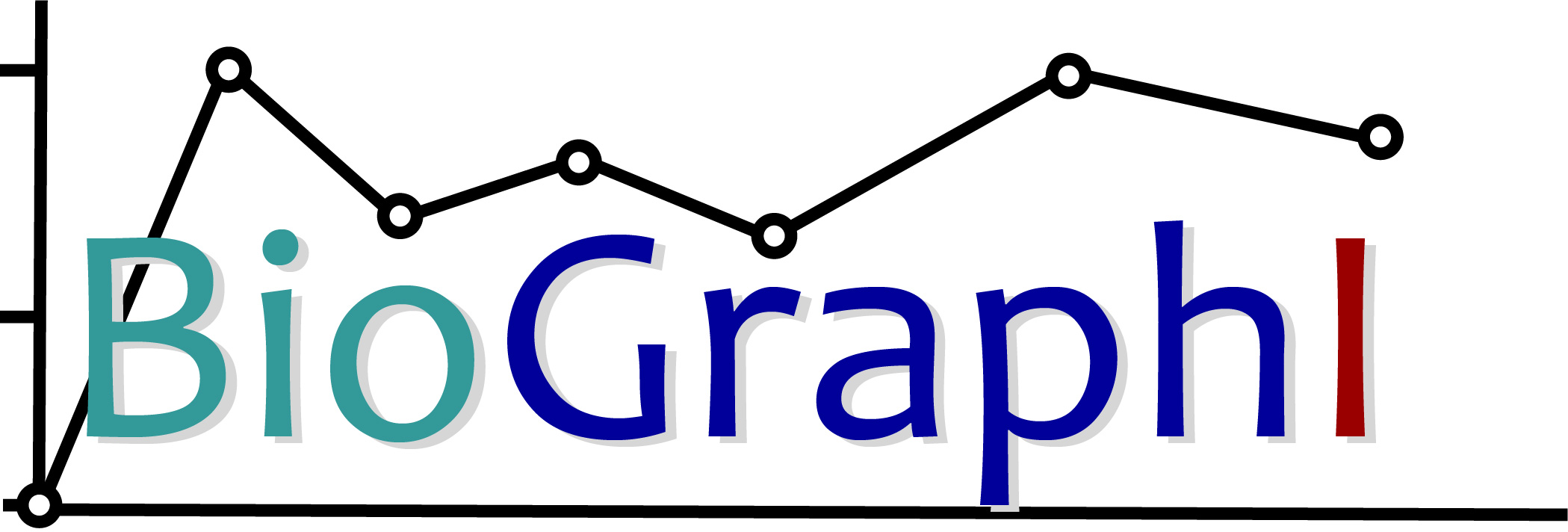Members
Sheela Vemu
-
Extended Profile
-
OrganizationWaubonsee Community College
-
Websitehttps://www.linkedin.com/pub/sheela-vemu/48/67/920
-
ReasonLearning about subject matter
-
BiographyMy teaching pedagogy broadened when I completed the Teaching for Understanding certificate from Harvard Graduate School of Education in 2012. My pedagogical approach to teaching in a community college and 4-year university involves using case studies and quantitative data to help students critically evaluate biological concepts. I received my Ph.D. from Chicago Medical School in Pharmacology and Molecular Biology with expertise in the area of transcriptional factor regulation in yeast cells and immunofluorescence in rat brain tissue.
I am a CC-Bio INSITES community college biology scholar. This is a network to support inquiry into teaching and education scholarship (https://www.nsf.gov/awardsearch/showAward) (http://bioquest.org/projects/) fellow and an active participant in Bio QUEST (http://bioquest.org/), CCURI (http://ccuri.org) annual workshops.
Promoting Student Success Using Supplemental InstructionNational Institute for Staff and Organizational Development (NISOD)-Innovation Abstracts, Volume XLI, No. 39 | October 17, 2019
Few of my case studies are as follows:
a) Summer time - ice cream time: Lactase Persistence in Humans is being published at National Center for Case Study Teaching in Science, University at Buffalo (June 2016),
b)Bioengineering a Heart -- Bioengineering a Heart. HAPS Educator 21 (Suppl.2): 15-19. doi: doi: 10.21692/haps.2017.0341
https://c.ymcdn.com/sites/www.hapsweb.org/resource/resmgr/educator_archive/HAPSEducator2017SpecialEditi.pdf (November 2017).
c) https://qubeshub.org/qubesresources/publications/1199/1 Vemu, S. (2019). Adapted Value of Mistakes. Biology Students Math Attitudes and Anxiety Program (BIOMAAP): a QUBES Faculty Mentoring Network, QUBES Educational Resources. doi:10.25334/Q4DT8C
d) Histology Personal Trainer: Identifying Tissue Types Using Critical Thinking and Metacognition Prompts
2019 Aug 30;20(2):20.2.44. doi: 10.1128/jmbe.v20i2.1791
e) Feel the Burn -- Biochemical Testing and the Integumentary System - https://sciencecases.lib.buffalo.edu/collection/detail.html?case_id=1138&id=1138
Few of my workshop presentations are as follows:
a) Promoting success in First year students through multicultural engagement at Midwest First Year Conference http://www.mfyc.org/pdf/MFYC_EDUCATION_SESSIONS_SCHEDULE_2015.pdf
b) Metacognition workshop based on the poster presentation at NIU for Minorities Promise scholars. Promoting Success with Critical Thinking and Metacognition in the Science Classroom for First-Year Students Utilizing Supplemental Instruction https://nabt.org/files/galleries/NABT2017ProgramGuide_web-0002.pdf.
c) OLI conference with Julia Spears and CTP fellows at NIU https://secure.onlinelearningconsortium.org/conference/2014/blended/best-practices-transforming-course-blended-community-improved-student-metacognition
d) http://www.niu.edu/cseas/_pdf/bbflyer.pdf.pdf: Talk on Microbes, Borneo mud and Antibiotic Resistance for Center of Southeast Asia studies.
e) Workshop on Leveraging various opportunities for innovation and network building in the scholarship of community college teaching at 2018 Bio-Link Summer Fellows Forum, University of Berkeley, Clark-Kerr Campus, CA. https://www.bio-link.org/home2/event/2018-bio-link-summer-fellows-forum
f) Assessing Global Awareness in Associate Level Microbiology: Adapting Case Studies and the AAC&U VALUE Rubrics To Examine the Global Challenges of Mosquito Borne Disease". (Intersection: A Journal at the Intersection of Assessment and Learning in press
g) https://www.nsta.org/journal-college-science-teaching/journal-college-science-teaching-septemberoctober-2020/identifying TWO-YEAR COMMUNITY
Identifying Differences in Learning Strategies by Demographics and Course Grade in a Community College Context Journal of College Science Teaching—September/October 2020 (Volume 50, Issue 1)
I am also engaged in Faculty Mentoring Networks (FMN) 2016-2017 that includes face to face workshop experience at Annual Bio QUEST conference with a supportive long term community interaction on the QUBES site. https://qubeshub.org/dataviewer/view/publication: dsl/prj_db_223_8e0c85da2f67271a1f934686266a34efc4b9ee31/? V=4
"Its only skin deep!" is a working group branching from the 2016 National Academies Special Topics Summer Institute on Quantitative Biology. This group is working specifically on the following levels of problem solving: a) Correlation of skin pigmentation with latitude and Vitamin D deficiencies. b) Physiology and biochemistry of melanin synthesis and trafficking c) Regulatory genes involved in process of melanin expression d) Vitamin D deficiency, skin pigmentation related to genotypes.
I am interested in ethno pharmacology as it relates to my Ph.D. work from Chicago Medical School (role of antibiotics in the regulation of transcription in yeast/cancer cell prototype). While teaching a graduate course in Pharmacology (Biology department at NIU as an adjunct), we piloted Pharmacology- active learning exercises with Dr.Lisa Freeman (Pharmacologist when I met her in 2011). I have some interest in adding some chapters on ethno pharmacology to the book as well. https://titles.cognella.com/pharmacology-for-allied-personnel-978162661998
I have deep interest in the exchange of information and understandings about people's use of plants, fungi, animals, microorganisms and minerals and their biological and pharmacological effects based on the principles established through international conventions.
Many of our valuable drugs of today (e.g., atropine, ephedrine, tubocurarine, digoxin, reserpine) came into use through the study of indigenous remedies. During my postdoctoral research, we continued to use plant-derived drugs (e.g., morphine, taxol, physostigmine, quinidine, emetine, vancomycin) as prototypes to develop more effective and less toxic medicinals.
